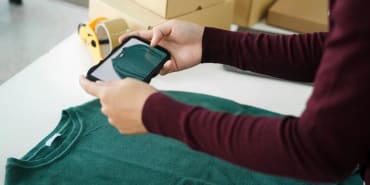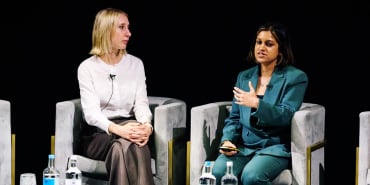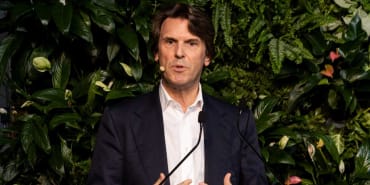Necessary cookies help make a website usable by enabling basic functions like page navigation and access to secure areas of the website and cannot be switched off in our systems. You can set your browser to block or alert you about these cookies, but some parts of the site will then not work. The website cannot function properly without these cookies.
We use cookies that are necessary to make our site work as well as analytics cookie and third-party cookies to monitor our traffic and to personalise content and ads.
Please click “Cookies Settings” for details on how to withdraw your consent and how to block cookies. For more detailed information about the cookies we use and of who we work this see our cookies policy



















